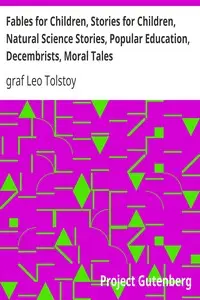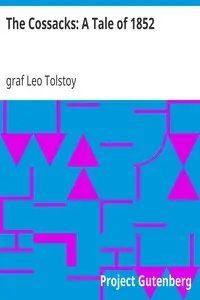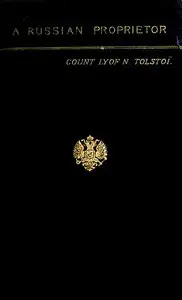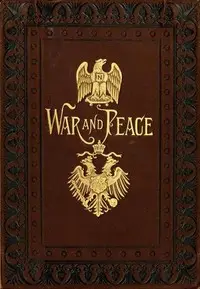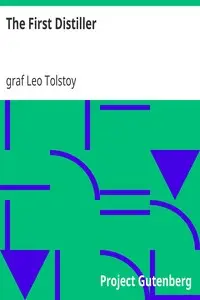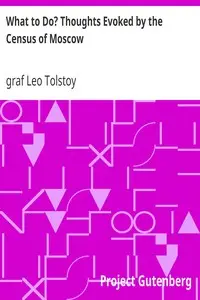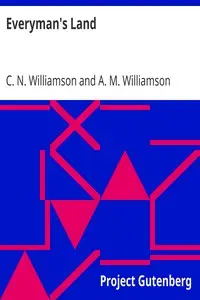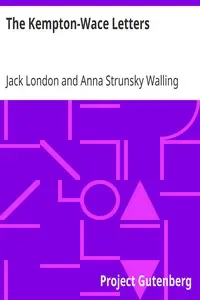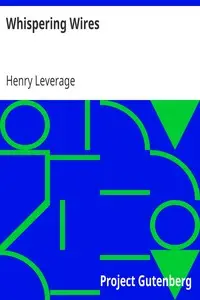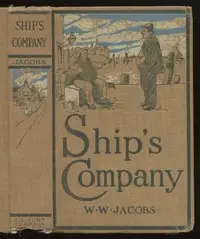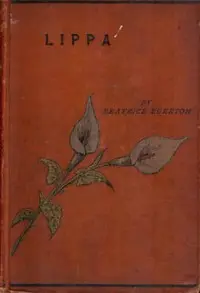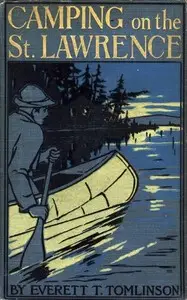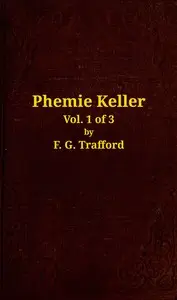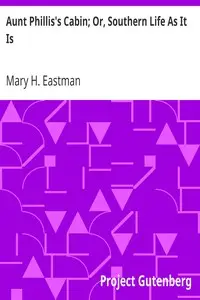"What to Do? Thoughts Evoked By the Census of Moscow" by graf Leo Tolstoy is a reflective essay written during the late 19th century. The work discusses the stark contrast between wealth and poverty within Moscow, after the author himself is struck by the experiences he witnesses while participating in a census. The text explores themes of social responsibility and moral obligation, questioning the societal structures that allow for such disparities in wealth, and reflects upon the deeper reasons behind human suffering. The opening of the work illustrates Tolstoy's personal journey as he transitions from rural life to the complexities of urban poverty in Moscow. Initially, he feels confused and troubled by the beggars he encounters, whose situation is starkly different from that of rural beggars. He describes a variety of beggars—both genuine and those preying on others' sympathies—and grapples with the restrictions placed upon them by authorities that seemingly punish the act of begging. Through his observations, he reveals an unsettling realization about the interconnectedness of wealth and poverty and begins to formulate a plan for charitable action. However, as he interacts with the city’s poor, his idealistic notions collide with the harsh realities of their lives, leading him to internal conflicts about the effectiveness and sincerity of charitable benevolence. This sets the stage for a profound and philosophical exploration of human compassion and societal obligation. (This is an automatically generated summary.)
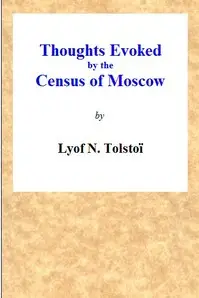
What to Do? Thoughts Evoked By the Census of Moscow
By Leo Tolstoy
"What to Do? Thoughts Evoked By the Census of Moscow" by graf Leo Tolstoy is a reflective essay written during the late 19th century. The work discuss...
Genres
Released
2002-11-01
Formats
epub (images)
epub
epub3 (images)
mobi (images)
mobi
Free Download
Overview
About the Author
Count Lev Nikolayevich Tolstoy, usually referred to in English as Leo Tolstoy, was a Russian writer. He is regarded as one of the greatest and most influential authors of all time. He received nominations for the Nobel Prize in Literature every year from 1902 to 1906 and for the Nobel Peace Prize in 1901, 1902, and 1909.
Total Reviews
10.0k
Total reviews from Goodreads may change

